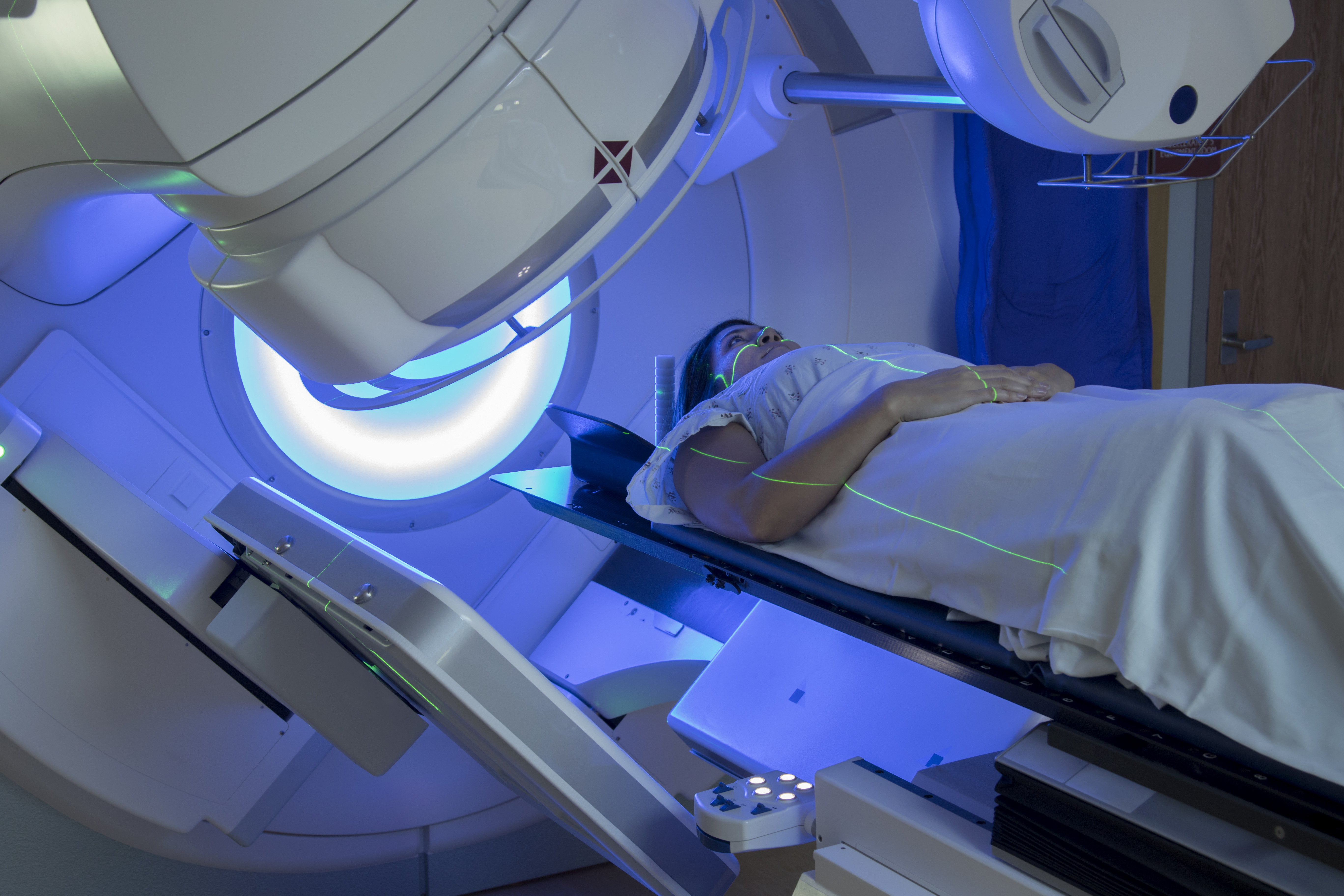Dramatic changes were seen in the delivery of radiotherapy treatments for cancer during the first wave of the coronavirus pandemic in England.
Much shorter radiotherapy courses were delivered, treatments were delayed where it was safe to do so and some increases were seen in order to compensate for reduced surgical capacity, according to new research.
The research, led by the University of Leeds, with Public Health England and the Royal College of Radiologists, reveals that there was a decrease in radiotherapy treatment courses of 19.9% in April, 6.2% in May, and 11.6% in June 2020, compared with the same months in the previous year.
These decreases equated to more than 3,000 fewer courses of radiotherapy between 23 March and 28 June 2020, than would have been expected. The missed courses were likely to be due to postponement, where the risk of doing so was deemed low, though in June it appears that the reduced number of courses may reflect a fall in the number of patients being diagnosed with cancer.
The study was published in The Lancet Oncology and is the first to assess the impact of the pandemic on radiotherapy services in England.
A rapid change in practise occurred for breast cancer treatments, enabled in part by the results of a UK trial published just as the pandemic struck, which showed a one-week course to be just as effective as a three-week course for many patients.
The use of the shorter course went from just 0.2% of all breast cancer radiotherapy courses in April 2019, to 60.0% of all courses in April 2020. The switch to shorter courses of treatment was also seen in other types of cancer.
For some cancer types there was a significant increase in the use of radiotherapy courses compared to the previous year. There was an increase of 143.3% in curative radiotherapy for bladder cancer and 71.3% for oesophageal cancer in May, and 36.3% for bowel cancer in April. It is likely these timely increases were delivered to keep patients safe when surgery was not possible due to the pandemic.
The researchers looked at the number of radiotherapy treatments taking place between February and June 2020 within the English NHS, taken from Public Health England’s National Radiotherapy Dataset. They compared the number of radiotherapy courses, and their length, with the same time period in 2019, to look at the effects of the coronavirus pandemic and lockdown.
The largest reduction in treatments was seen for patients aged 70 and above (34.4% reduction in April 2020). This likely reflects concern where patient vulnerability to the risks of coronavirus outweighed the low risk expected from delaying treatment in some settings. For example, treatment for prostate cancer fell 77.0% in April 2020 compared to the previous year, and treatments for non-melanoma skin cancer fell 72.4% the same month.
Access the study here: https://doi.org/10.1016/ S1470-2045(20)30743-9
Credit: Mark Kostich/ E+/ via Getty Images
